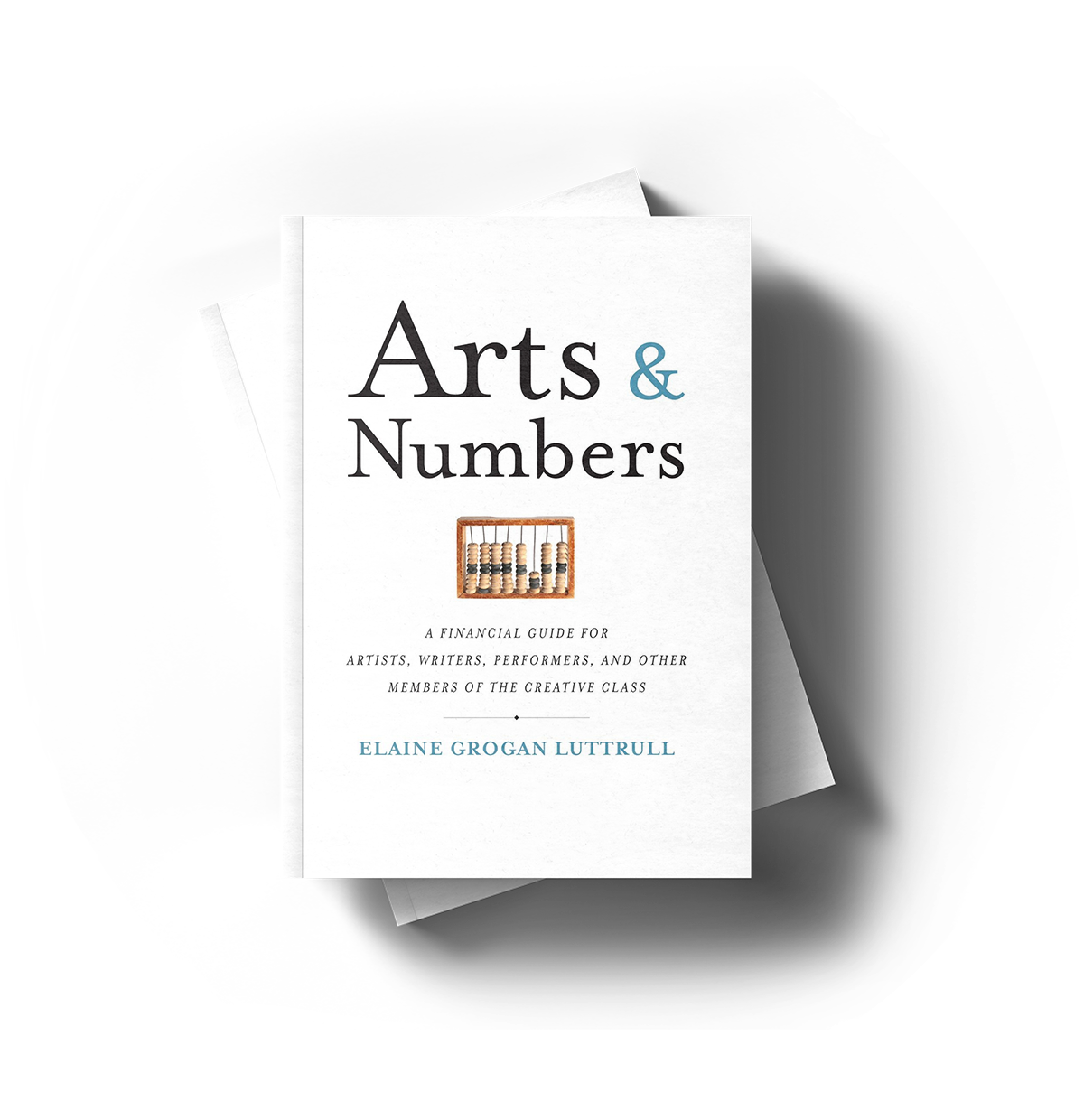March 16, 2015 • Musings
 Small confession: I love doing my taxes. I can’t help it. I find it fulfilling to complete a year’s worth of financial reporting and creating summaries of how I spent my time and my resources for both personal and professional purposes. Memories of pleasant experiences throughout 2014 are triggered by the summary of my company’s income and expenses. Fulfilling contributions memorialized in tax documentation reminds me of pleasant evenings spent in support of worthy causes with friends and loved ones. Comparing financial success to previous years’ successes confirms the suspicion I have most days that things continue to go very well, both for Minerva Financial Arts and for myself personally.
Small confession: I love doing my taxes. I can’t help it. I find it fulfilling to complete a year’s worth of financial reporting and creating summaries of how I spent my time and my resources for both personal and professional purposes. Memories of pleasant experiences throughout 2014 are triggered by the summary of my company’s income and expenses. Fulfilling contributions memorialized in tax documentation reminds me of pleasant evenings spent in support of worthy causes with friends and loved ones. Comparing financial success to previous years’ successes confirms the suspicion I have most days that things continue to go very well, both for Minerva Financial Arts and for myself personally.
Seeing tangible, accurate, financial confirmation of that feels more real to me than ongoing suspicious of success. I don’t know why. Perhaps it is that I appreciate the emotionless judgment-free pull of arithmetic. Perhaps it is that without required annual filings for tax purposes I secretly know I’d procrastinate against a final tally. Perhaps it is that some part of me still relies on financial measures of success in addition to the non-financial ones.
Don’t get me wrong: I value non-financial measures of success tremendously. And when those metrics align with financial metrics, my profit and loss statement starts to look like a list of accomplishments in all senses of the word.
And that feels wonderful.
When else do we pause (even under duress) to really recognize our professional accomplishments, particularly as creative entrepreneurs whose professional existences exist on more than a predictable salary? We experience a proud moment of satisfaction – glee perhaps – when we are paid for our work, particularly work we find fulfilling. At the conclusion of each workshop, following each commission, or upon receipt of a royalty check, we feel a spike of adrenalin. We have been paid. Even though our satisfaction is derived from multiple sources, being paid feels good. Nay, wonderful.
But that euphoria hardly lasts. It is gone as soon as the monetary fruits of our labor are reinvested in the next project, or used to purchase replacement equipment, or siphoned into our personal accounts to fund meals and shelter.
By looking back at our accomplishments, we revisit the euphoria we experienced periodically throughout the year. We did do quite a lot! We did enjoy those projects – some of them anyway. We do continue to grow financially, creatively, and professionally.
And we are supporting others. Or at least we should be.
Joe Biden said with no irony, “Don’t tell me what you value. Show me your budget and I’ll tell you what you value.”
The same could be said of our list of charitable contributions each year.
Pretend you don’t know me. Pretend you don’t know my work. If you only saw a list of charitable causes I supported in 2014, what would you think?
Here’s the list of causes I supported in 2014:
- 90.5 WCBE
- Capital Area Humane Society
- Caramoor Center for Music & the Arts
- Center for Science and Industry
- Columbus College of Art & Design
- Createquity (via Fractured Atlas)
- Goodwill
- The Columbus Museum of Art
- The Columbus Zoo and Aquarium
- The University of Missouri
The Slow Money movement asks that people commit to making 50% of their contributions within 50 miles of their homes. In 2014, I gave 77.2% of my contributions within that range. Seven of the ten organizations I supported were close to home. All were close to my heart.
I like NPR and dogs; I support the arts, and I donate gently used clothing. But beyond the obvious, I wouldn’t presume to speculate the messages conveyed by this list. I support those closest to me; I support students. But those messages aren’t obvious simply by my list of contributions.
What’s more: The messages – obvious or otherwise – are incomplete.
Of the total income I earned during 2014 (just me, not my household), I contributed 8.28% to charitable causes. I hesitate to share that percentage. I firmly believe the act of contributing is more important than the amount. But that percentage is also incomplete.
In supporting ideals that matter to me, I not only support charitable causes, but also non-charitable ones. Kickstarter contributions to individuals don’t show up on my tax return. Tickets to support events hosted by those I love don’t show up here either. Picking up a lunch or dinner tab for those I want to support isn’t reflected on my tax form.
The choices I make to spend money with ethical companies in support of local businesses whenever possible aren’t captured on my tax return. How could they be? There are no tax incentives for those decisions. I simply choose to make them.
With only a month until annual taxes in the United States are due, it seems fitting to acknowledge the impending deadline (seriously, go ahead and do your taxes), and recommit to deploying our resources in line with our values.
Just as our elected officials reflect and represent the values we hold dear, our dollars should as well, both on our tax returns and beyond.
We are more than the sum of our contributions. We are more than the geography of our contributions. But as I plan my 2015 contributions, I am keeping these messages in mind. I hope you will too.


